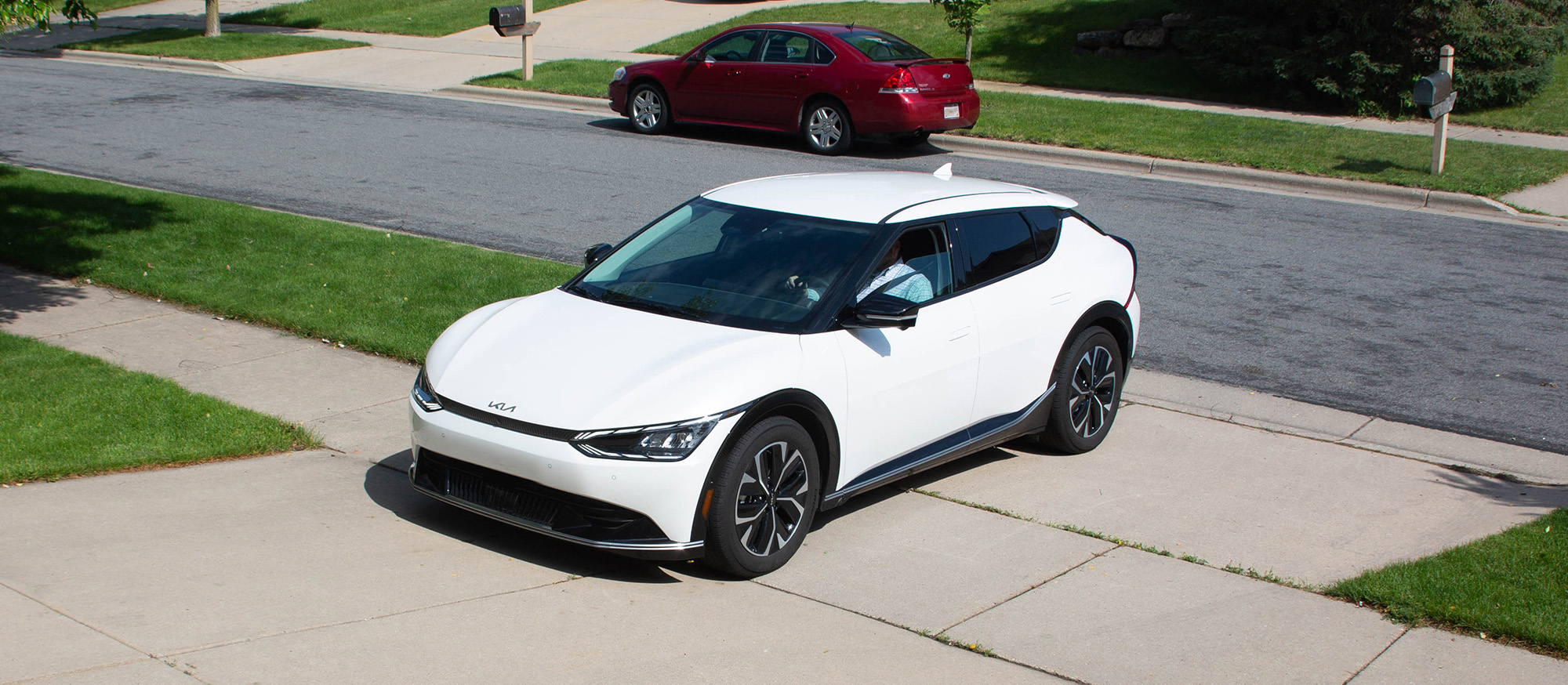Pulse of Information
Stay updated with the latest news and insights.
Electric Cars: The Silent Revolution on Wheels
Discover the thrilling world of electric cars and join the silent revolution transforming our roads. Are you ready to drive the future?
What Are the Environmental Benefits of Electric Cars?
The transition to electric cars presents numerous environmental benefits that significantly reduce our carbon footprint. Unlike traditional gasoline-powered vehicles, electric cars produce zero tailpipe emissions, which means they do not release harmful pollutants such as nitrogen oxides and particulate matter into the atmosphere. This reduction in air pollution directly contributes to improved air quality, benefiting public health and decreasing the instances of respiratory diseases.
Additionally, electric cars can be powered by renewable energy sources, such as solar or wind power, further minimizing their environmental impact. As the electricity grid becomes greener with the increasing adoption of renewable energy, the overall carbon emissions associated with electric vehicle usage will continue to decline. By choosing electric, consumers are supporting a sustainable future and advocating for a cleaner environment.

How Do Electric Cars Work: A Complete Guide
Electric cars operate on a fundamentally different principle than traditional gasoline-powered vehicles. At the heart of every electric vehicle (EV) is an electric motor.
The motor is powered by a battery pack, typically composed of lithium-ion cells, which stores energy that can be replenished through charging stations or home chargers. EVs utilize regenerative braking to convert kinetic energy back into stored energy, enhancing efficiency and extending driving range.
Understanding the key components of electric cars is crucial to grasping how they function. The primary components include:
- Battery Pack: Stores electrical energy that powers the electric motor.
- Electric Motor: Converts electrical energy into mechanical energy to drive the wheels.
- Inverter: Converts direct current (DC) from the battery into alternating current (AC) for the motor.
- Charging System: Allows users to recharge the battery from various sources.
By leveraging these elements, electric cars provide a cleaner, more efficient means of transportation, appealing to environmentally conscious consumers.
Are Electric Cars the Future of Sustainable Transportation?
The rise of electric cars marks a significant shift in the automotive industry, driving us toward a more sustainable transportation future. As concerns over climate change and fossil fuel dependency grow, electric vehicles (EVs) have emerged as a viable solution. With advancements in battery technology and charging infrastructure, electric cars are becoming increasingly accessible and practical for everyday consumers. Major automotive manufacturers are ramping up their EV offerings, indicating a clear trend toward electrification that aligns with global sustainability goals.
Moreover, the environmental benefits of electric transportation extend beyond the reduction of greenhouse gas emissions. By utilizing renewable energy sources for charging, the overall carbon footprint of electric cars can be significantly reduced. Government incentives and policies worldwide are encouraging the adoption of electric vehicles, making them more appealing to buyers. As more consumers embrace this change, the shift towards sustainable transportation will gain momentum, potentially transforming urban landscapes and reducing our reliance on traditional fuels.